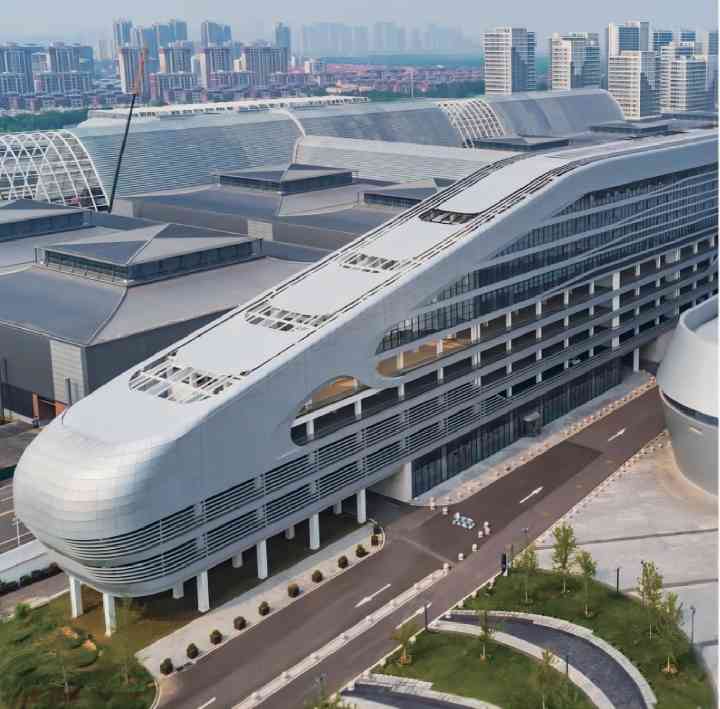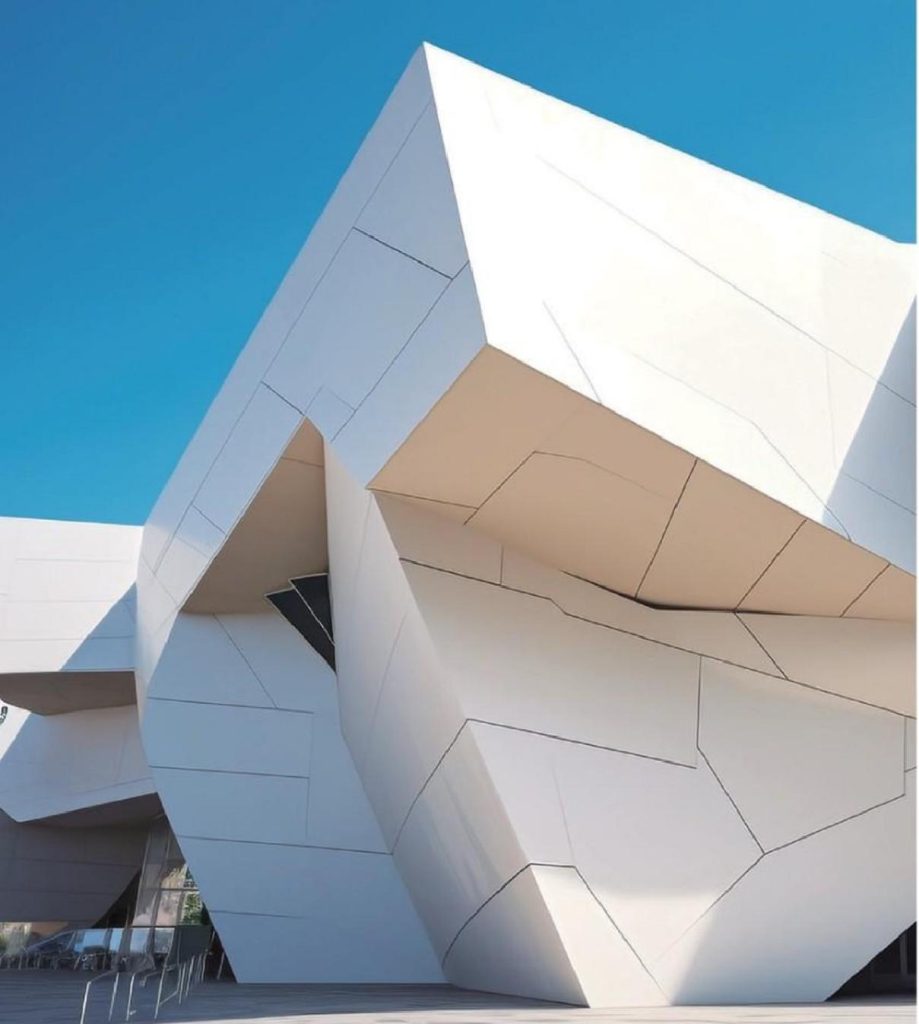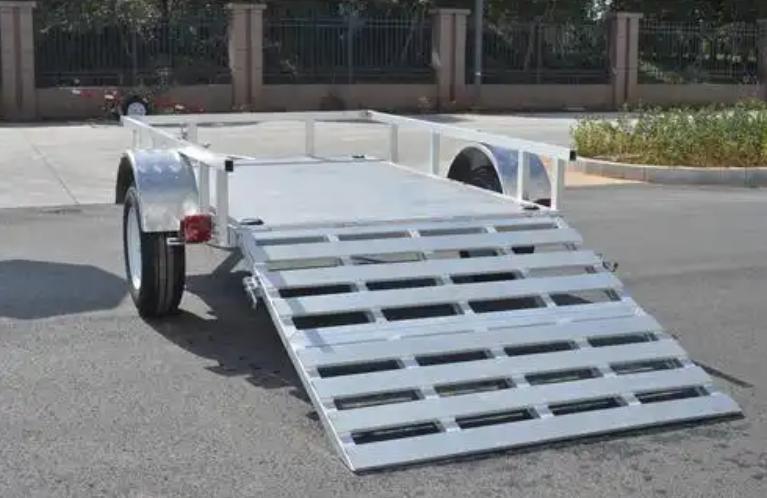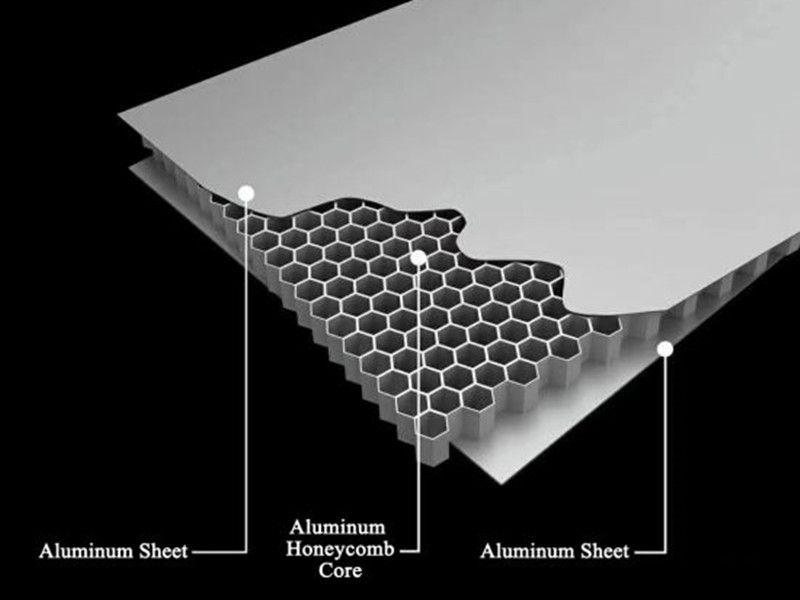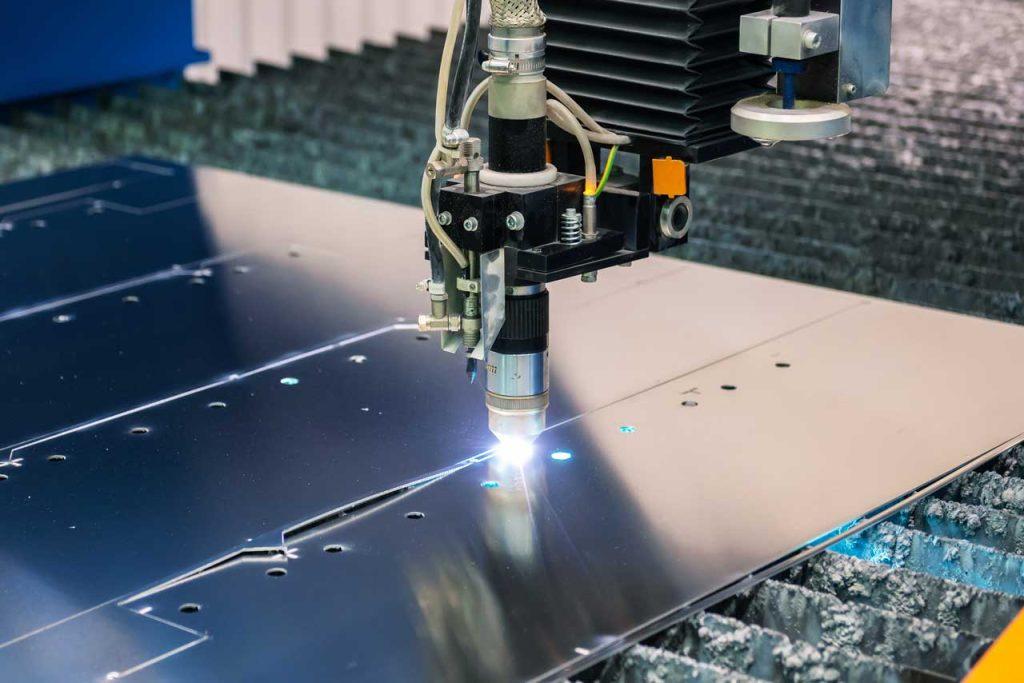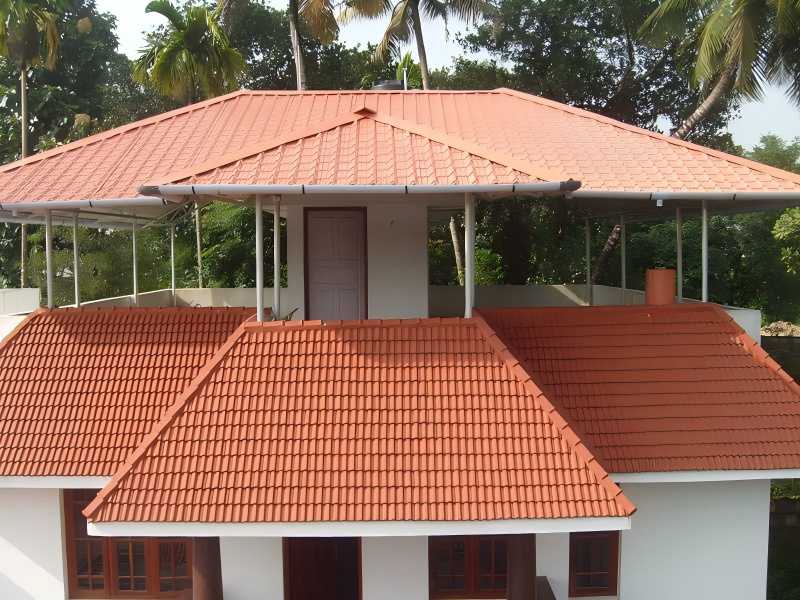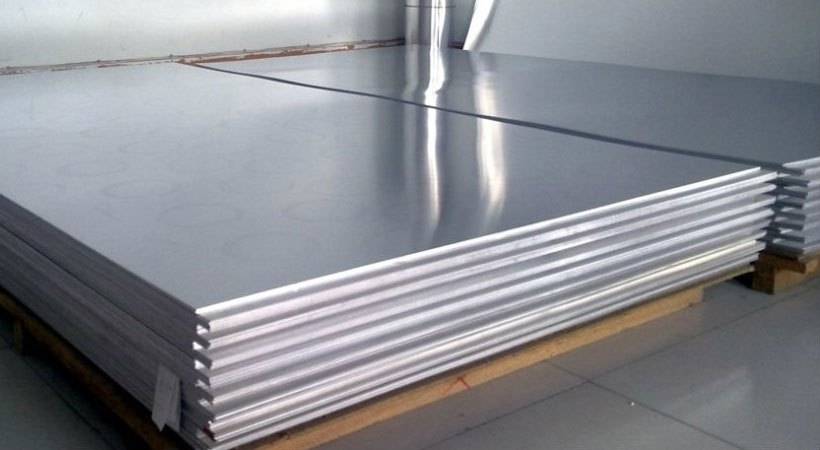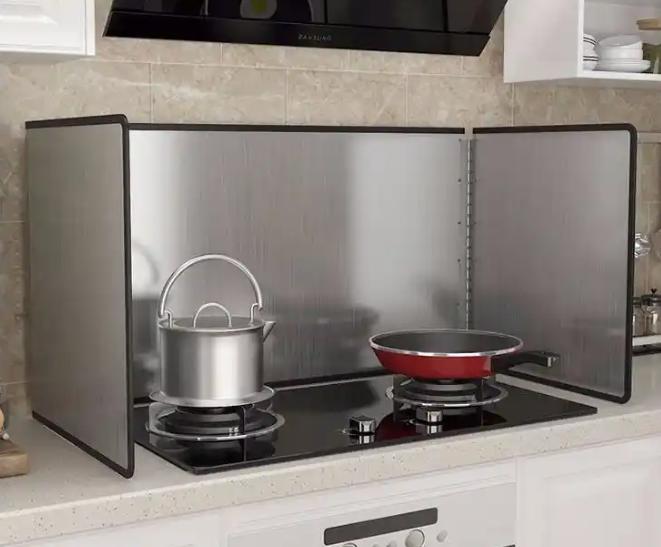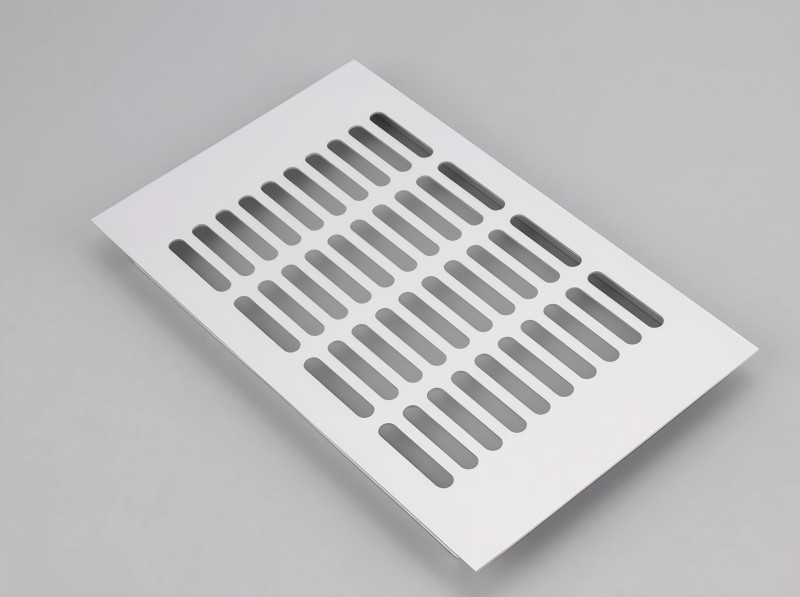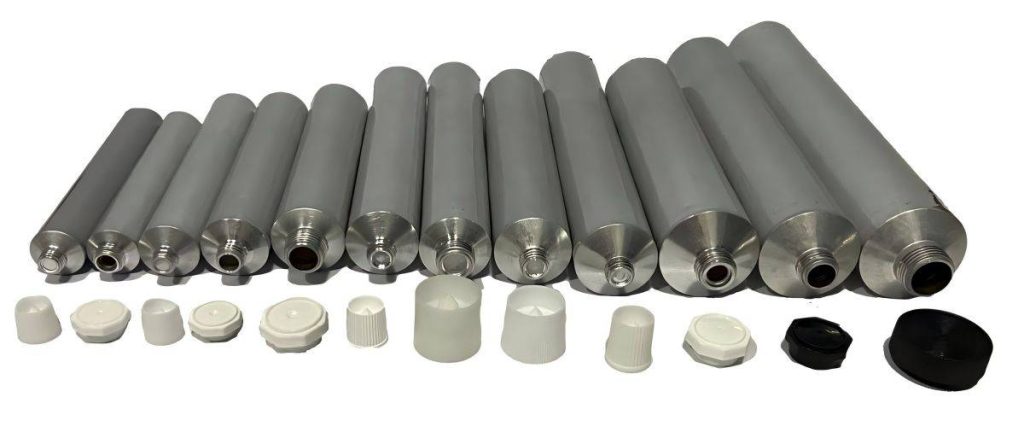The unforgiving marine environment demands materials that can withstand constant exposure to saltwater, humidity, and the stresses of waves and impacts. Among the various materials used in shipbuilding and marine applications, aluminum alloys stand out for their excellent strength-to-weight ratio, corrosion resistance, and workability. However, not all aluminum alloys are created equal, and selecting the appropriate one is crucial for the longevity, safety, and performance of any marine project. This article delves into three of the most popular marine-grade aluminum alloys – 5052, 5083, and 5086 – providing a detailed comparison of their properties and guiding you in choosing the right alloy for your specific needs.
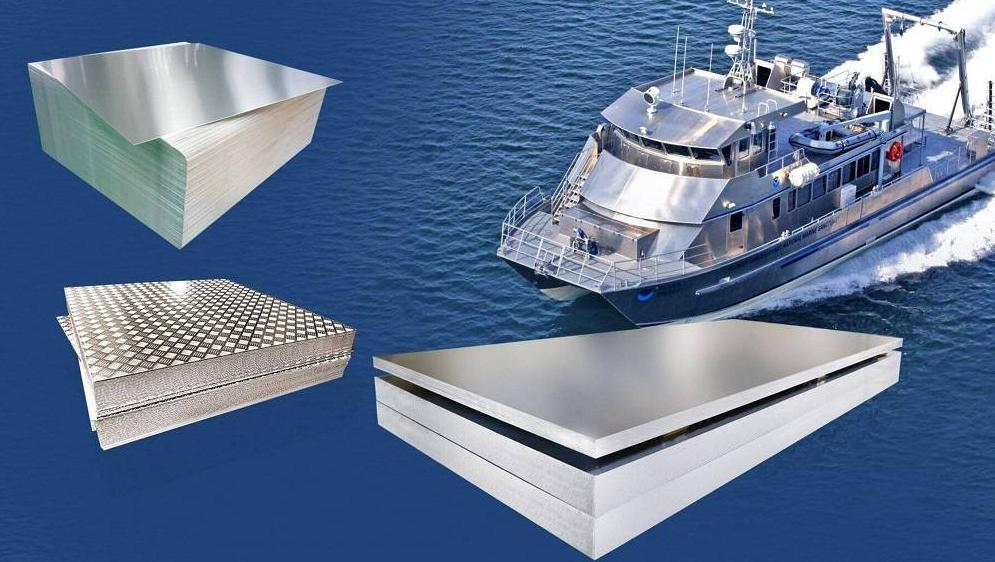
What is Marine Aluminium?
Marine aluminum alloys are specialized materials designed to withstand harsh marine conditions. These alloys are often used in shipbuilding, offshore structures, and marine equipment due to their outstanding resistance to saltwater corrosion, high strength-to-weight ratio, and ease of fabrication.
Marine-grade aluminum typically belongs to the 5xxx series aluminum, which is primarily alloyed with magnesium. The addition of magnesium significantly enhances their strength and, more importantly, their resistance to pitting and crevice corrosion, which are common challenges in marine environments. Unlike some other metals that can rust or degrade rapidly when exposed to saltwater, marine aluminum alloys form a protective oxide layer that inhibits further corrosion. Beyond their corrosion resistance, marine aluminum alloys are lightweight, making them an energy-efficient choice for building vessels and structures.
Differences of 5052 vs. 5083 vs. 5086 Aluminium
While all three alloys – 5052, 5083, and 5086 – belong to the 5xxx series of aluminum alloys and offer excellent corrosion resistance, they differ in their chemical composition, mechanical properties, and consequently, their suitability for various marine applications. The primary difference lies in the amount of magnesium and other trace elements present in each alloy, which directly influences their strength, weldability, and formability.
Core Properties Comparison
| Characteristic | 5052 Aluminum | 5083 Aluminum | 5086 Aluminum |
| Main Alloying | Mg (2.2-2.8%), Cr (0.15-0.35%) | Mg (4.0-4.9%), Mn (0.4-1.0%) | Mg (3.5-4.5%), Mn (0.2-0.7%) |
| Tensile Strength | 210-260 MPa | 300 MPa | 240 MPa |
| Yield Strength | 130 MPa | 145 MPa | 95 MPa |
| Elongation | 23% | 23% | 12% |
| Salt Spray Resistance | 5,000 hrs (no perforation) | 8,000 hrs (no perforation) | 6,000 hrs (no perforation) |
| Weldability | 0.85 (TIG) | 0.95 (MIG) | 0.90 (Laser) |
| Cold Workability | Good (Min bend R=1.5t) | Moderate (Min bend R=2.0t) | Excellent (Min bend R=1.2t) |
| Cost Index | 1.0 (Baseline) | 1.5-1.8 | 1.2-1.3 |
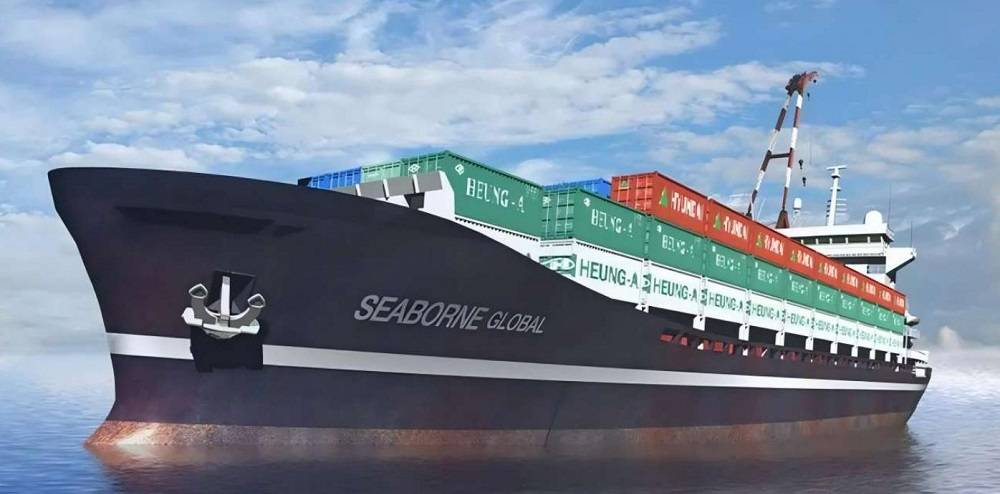
Key Differences
1. Strength Hierarchy
- 5083 achieves 300MPa tensile strength through Mg/Mn synergy, ideal for hull structures.
- 5052 balances strength/formability (2.8% Mg + Cr), suitable for curved surfaces.
- 5086 optimizes Mg (3.5-4.5%) for better cold-forming than 5083.
2. Corrosion Mechanisms
- 5083’s Mg-Mn oxide layer shows self-healing properties (0.002mm/yr corrosion rate in ISO 9227).
- 5052 relies on Cr-enhanced passivation but requires coatings in tropical marine environments.
- 5086 controls Si content (≤0.4%) to minimize micro-galvanic corrosion in ballast tanks.
3. Welding Performance
- 5083 with ER5183 filler achieves 95% base metal strength (HAZ grain size 10-15μm).
- 5052 requires ER4043 filler with strict heat input control (8-12 kJ/cm).
- 5086 excels in laser welding (6m/min speed for 6mm plate).
4. Marine Applications
- 5052: Superstructures (30% weight reduction), fuel lines (ASTM B241), porthole frames.
- 5083: Primary hulls (DNV GL certified), LNG tanks (-165℃ impact toughness ≥27J).
- 5086: Ship gangways (cold-formed), desalination units (20000ppm Cl⁻ resistance).
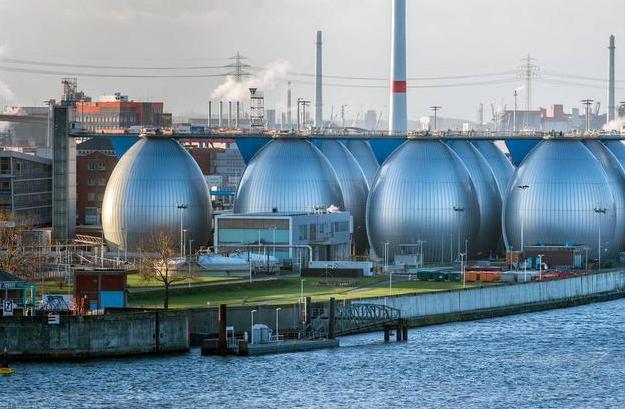
Choosing the Right Alloy for Your Project
Selecting the optimal marine aluminum alloy hinges on a careful evaluation of the specific demands of your project. Consider the following factors to guide your decision:
- Strength Requirements: If your project involves high structural loads or potential for significant stress, 5083 offers the highest strength among the three. For moderate strength requirements, 5086 provides a good balance, while 5052 is suitable for applications with lower strength demands.
- Corrosion Resistance: All three alloys offer excellent corrosion resistance in marine environments. However, if your project involves particularly harsh conditions or prolonged exposure to saltwater, 5083 is often preferred due to its slightly higher magnesium content.
- Weldability: All three alloys exhibit good weldability using common techniques like MIG and TIG welding. However, specific welding procedures and filler alloys should be chosen based on the alloy being used.
- Formability: If your design requires complex shapes or extensive forming, 5052 generally offers the best formability, followed by 5086, with 5083 being the least formable due to its higher strength.
- Cost: Generally, 5052 is the most cost-effective, followed by 5086, with 5083 typically being the most expensive due to its higher magnesium content and superior strength.
- Application: Consider the specific application. For small boat hulls and tanks where moderate strength and good formability are key, 5052 is often a good choice. For larger vessels and critical structural components requiring high strength and excellent corrosion resistance, 5083 is usually preferred. 5086 serves as a versatile option for applications needing a balance of properties.
By carefully considering these factors in relation to your specific project requirements, you can confidently choose the marine aluminum alloy – whether it be the versatile 5052, the high-strength 5083, or the well-balanced 5086 – that will ensure the longevity, safety, and optimal performance of your marine endeavor. Remember to consult with material suppliers and engineering professionals for specific recommendations tailored to your unique needs.


